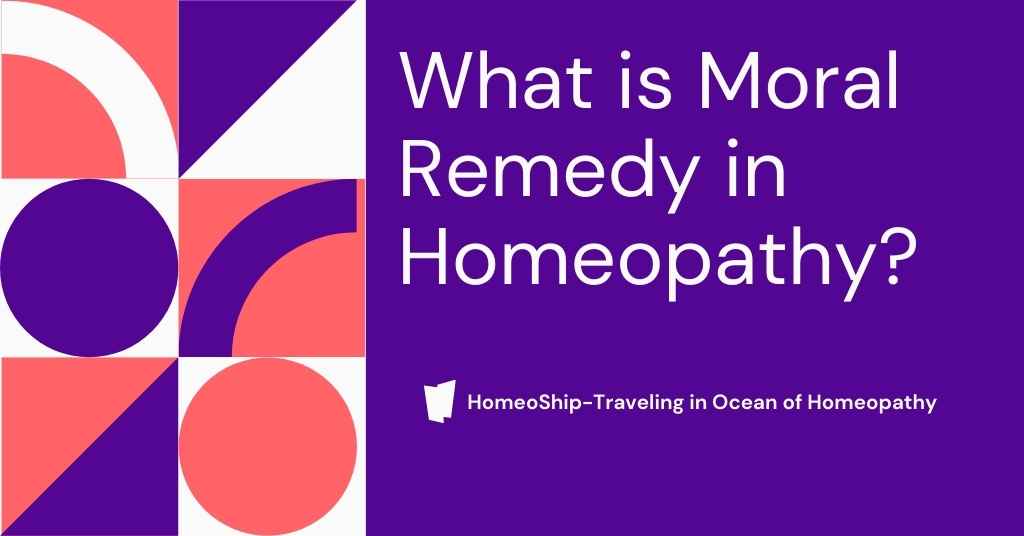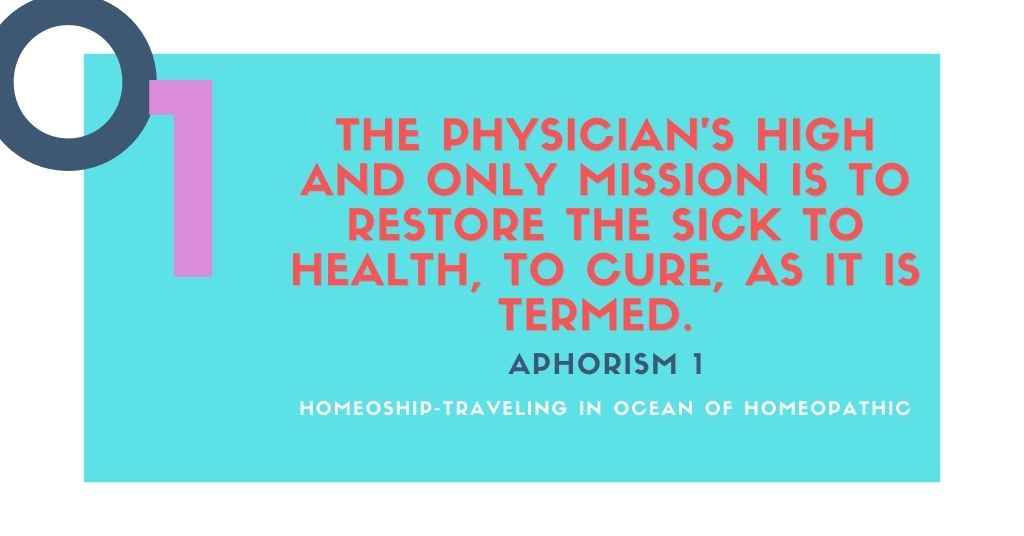During the regular homeopathic practice, a group of homeopaths may come to the conclusion that some groups of remedies are suitable for a certain group of pathological conditions. With this notion, their prescription changes from the study of totality to the study of the pathological name of the disease. Without individualizing the case and enquiring the totality of symptoms such practitioners prescribe their favorite remedies that have proven beneficial in removing similar diseased conditions in the past. They prescribe their favorite remedies for every diseased condition.

Hahnemann warns us to come out of such mistakes. If we practice in such a method, some remedies in our materia medica may be neglected and the cure may not be possible as the remedy is not based on the individualization of the patient. For some conditions, the favorite remedy may not be a well-chosen remedy and it may be only a partially suitable one and may palliate or even suppress the diseased symptoms.
A true homeopath has to consider each and every case as the new and unknown one. As an unprejudiced observer, he has to investigate the symptoms of the patient. For him, the totality of symptoms must be the sole guide in the selection of the similimum. This method alone can help him in achieving the rapid, gentle and permanent cure. Few physicians reject a group of remedies stating them to be bad or ineffective, because they did not serve a good result in certain cases of the past.
They do not realize that their failure is because of the un-homeopathic (not following the correct method) use of these remedies and not because of their ineffective action. Any medicine can cure a curable condition if it is accurately selected in accordance with the patient’s totality. Hence, Hahnemann discourages the use of favorite remedies in homeopathy.
Must Read



